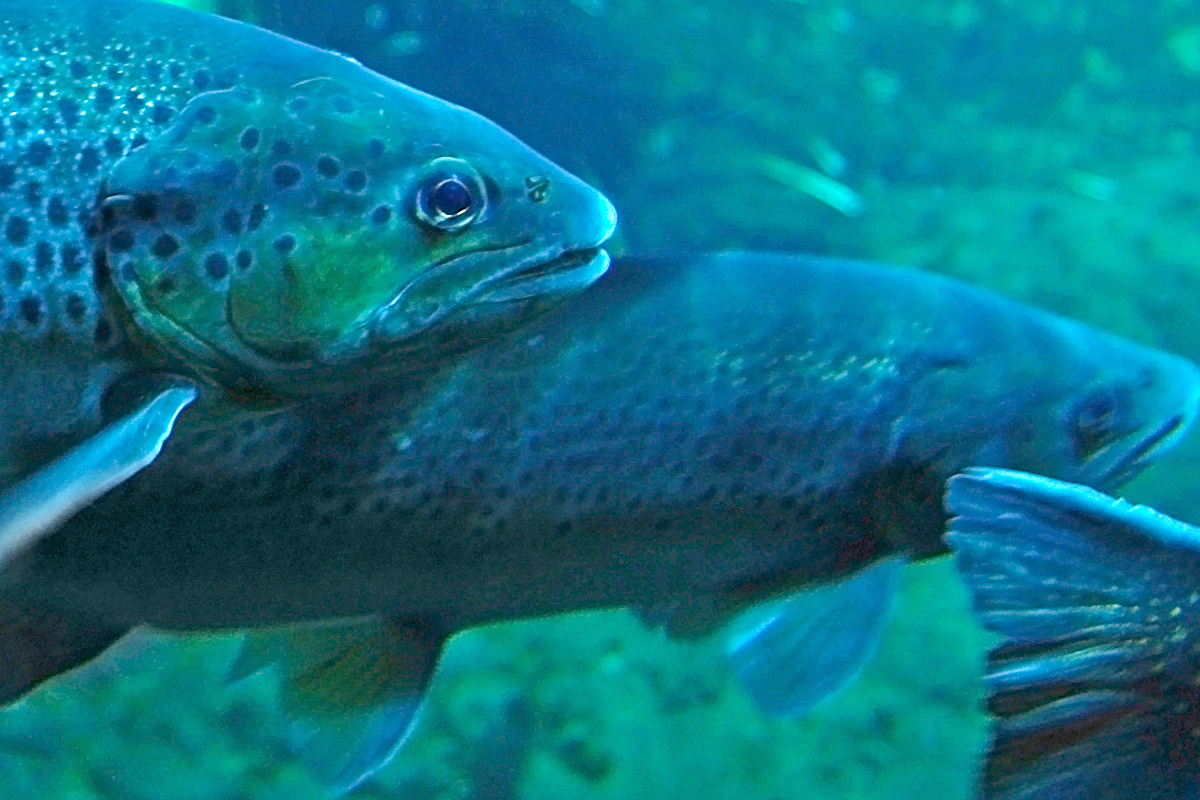
Antitox
Ensuring the quality and food safety of edible fish and fish products by minimising cyanotoxins
Climate change brings with it challenges such as an increasingly serious cyanobacteria problem (blue-green algae blooms). Some of the toxins produced by cyanobacteria are suspected of causing or at least contributing to the distinctive musty off-flavour of some edible fish.
In order to be able to continuously guarantee the quality and food safety of edible fish and fish products in the future, data on toxin formation, fish exposure and the impact on marketing quality must be collected and minimisation approaches developed. The aim of the Antitox project is to evaluate the transfer of toxins in edible fish in particular and thus improve food safety. The transfer is traced depending on the type and quantity of cyanobacteria and microalgae as well as crustaceans (daphnia) that are used to feed different fish species and growth stages of the fish. One possible minimisation approach to be investigated is the displacement of cyanotoxin-producing algae by the application of non-toxin-producing algae species (probiotic effect).
PROJECT DURATION:
01.09.25 - 31.08.28
PROJECT SPONSOR:
Federal Office for Agriculture and Food (BLE) with funding from the Federal Ministry of Agriculture, Food and Regional Identity (BMLEH) Programme to promote innovation, promoting "innovations for sustainable, climate-friendly and environmentally friendly aquaculture, including algae, especially microalgae-
GRANT-NUMBER-PN:
281E114C23
PROJECT MANAGER:
Stephanie Schönfelder
PROJECT PARTNER:
Coordination: Institute of Food Technology and Food Chemistry; Max Rubner-Institut - Federal Research Institute of Nutrition and Food, Institute of Safety and Quality of Milk and Fish Products; Potsdam Institute of Inland Fisheries; GALAB Laboratories GmbH; bbe Moldaenke GmbH; Business and other partners